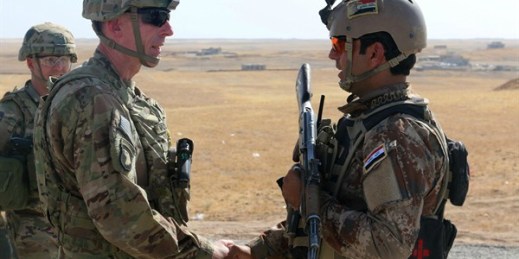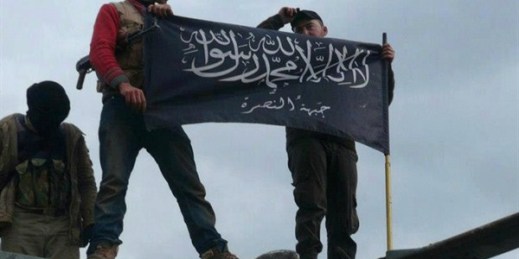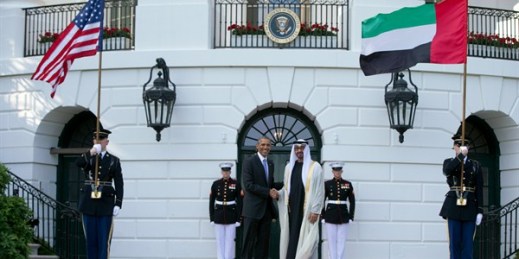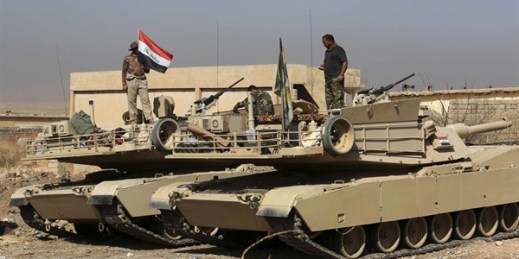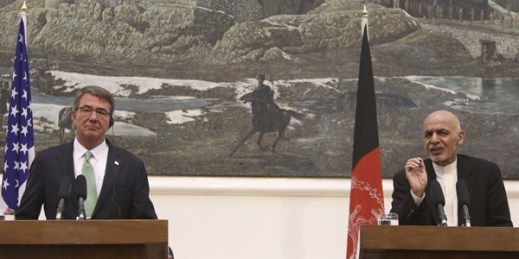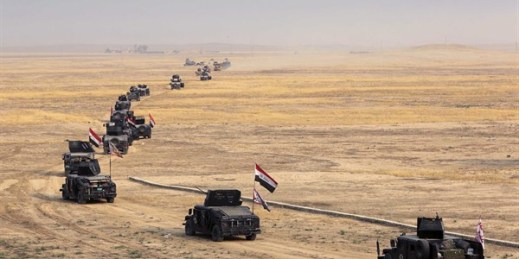
As the battle to retake Mosul from the Islamic State proceeds, the stakes for Iraq’s neighbors vary. Although victory is still a ways off, the outcome in Mosul will more likely entrench existing regional dynamics than change them. Last week, I looked at the possible upside for Iraq should it successfully recapture Mosul, as expected. There will be humanitarian costs and concerns about blowback from the Islamic State in and outside Iraq, but the Iraqi state and Prime Minister Haider al-Abadi will be the main winners. That is, if Baghdad keeps the Shiite militias that are helping retake the city […]

